Congestion charging in NYC: a dream that died
New York City is the most walkable city in the United States – so why do New Yorkers hate the idea of a congestion charge?
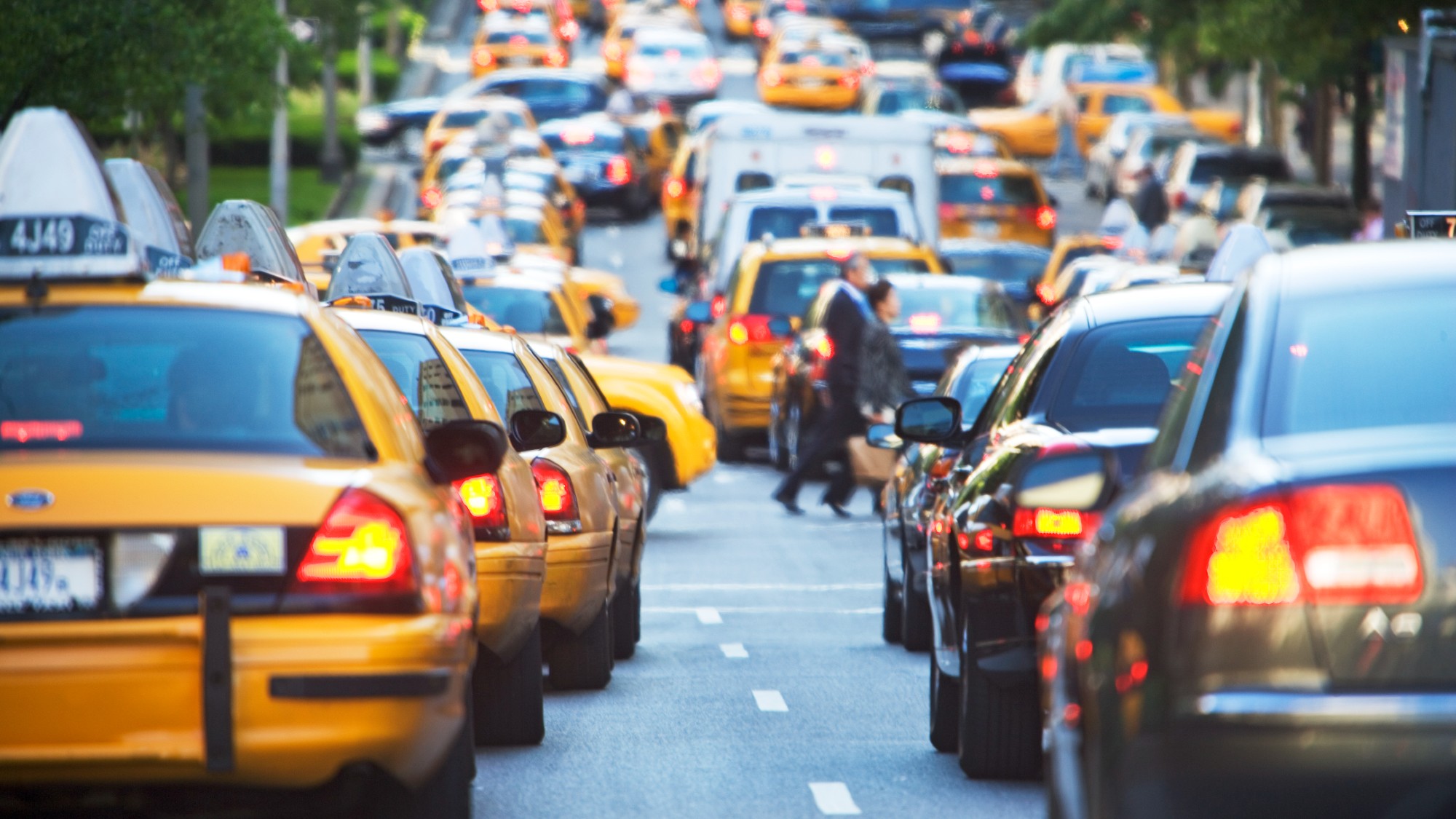
A free daily email with the biggest news stories of the day – and the best features from TheWeek.com
You are now subscribed
Your newsletter sign-up was successful
New York City was on the cusp of reinventing itself for the 21st century, said Justin Davidson in New York Magazine, but governor Kathy Hochul has just ordered "a screeching U-turn into the distant past".
At the end of this month, the city had been due to bring in a congestion charge that would have imposed a $15 toll on vehicles entering the traffic-clogged heart of Manhattan. The toll, proposed by then-mayor Mike Bloomberg in 2007 and approved by the state legislature in 2019, would have made streets safer, less polluted, and more pleasant for pedestrians and cyclists, while raising an estimated $1 billion a year to update the city's ageing public-transport infrastructure.
Cities with similar congestion-charging plans – London, Paris, Stockholm – have seen 20% drops in traffic, improved air quality, and fewer traffic deaths. But the New York plan is very unpopular with suburbanites and outer-borough residents who prefer to drive into Manhattan to work, eat, or go to the theatre. In the face of opposition, Hochul got cold feet, placing an "indefinite pause" on the controversial scheme.
The Week
Escape your echo chamber. Get the facts behind the news, plus analysis from multiple perspectives.

Sign up for The Week's Free Newsletters
From our morning news briefing to a weekly Good News Newsletter, get the best of The Week delivered directly to your inbox.
From our morning news briefing to a weekly Good News Newsletter, get the best of The Week delivered directly to your inbox.
'Unintentional consequences'
Sorry, but "Americans do not much want to pay $15 to drive their cars anywhere" – even in New York City, said Kevin D. Williamson on The Dispatch. Hochul explained her decision by saying the toll "risks too many unintended consequences". No kidding. Don't all progressive, big-government projects have unintended consequences?
Introducing an onerous new toll at this time would be "lunacy", said Andrew Stuttaford in National Review. In New York, post-Covid hybrid working schedules have devastated commercial real estate (the office vacancy rate is around 50%), as well as the thousands of local businesses that cater to commuters. "New York City... needs to avoid doing anything that might discourage people from coming to work (or to play or to shop) in Manhattan."
'A non-starter'
It's a shame, said Megan McArdle in The Washington Post. In theory, congestion charging is a great idea. It uses the price mechanism to create more efficient use of a scarce resource – road space – that is otherwise rationed only by people's tolerance for wasting time in traffic jams.
If it could work anywhere in America, it would be NYC, the country's densest and most walkable city, the place for which the word "gridlock" was invented. The scheme would have inspired some drivers to carpool and others to take public transport or shop closer to home, reducing jams and leaving residents as a whole better off.
A free daily email with the biggest news stories of the day – and the best features from TheWeek.com
But there's no getting around the fact that it would also have left a lot of existing drivers worse off – and people objected to that. Polls show that two-thirds of New Yorkers oppose the plan, in a city where less than half of households even own a car. A "less democratically responsive government might have been able to ram it through", but in fractious America, congestion charging is "a non-starter".
-
 What to know before filing your own taxes for the first time
What to know before filing your own taxes for the first timethe explainer Tackle this financial milestone with confidence
-
 The biggest box office flops of the 21st century
The biggest box office flops of the 21st centuryin depth Unnecessary remakes and turgid, expensive CGI-fests highlight this list of these most notorious box-office losers
-
 The 10 most infamous abductions in modern history
The 10 most infamous abductions in modern historyin depth The taking of Savannah Guthrie’s mother, Nancy, is the latest in a long string of high-profile kidnappings
-
 Tuvalu is being lost to climate change. Other countries will likely follow.
Tuvalu is being lost to climate change. Other countries will likely follow.Under the Radar Sea level rise is putting islands underwater
-
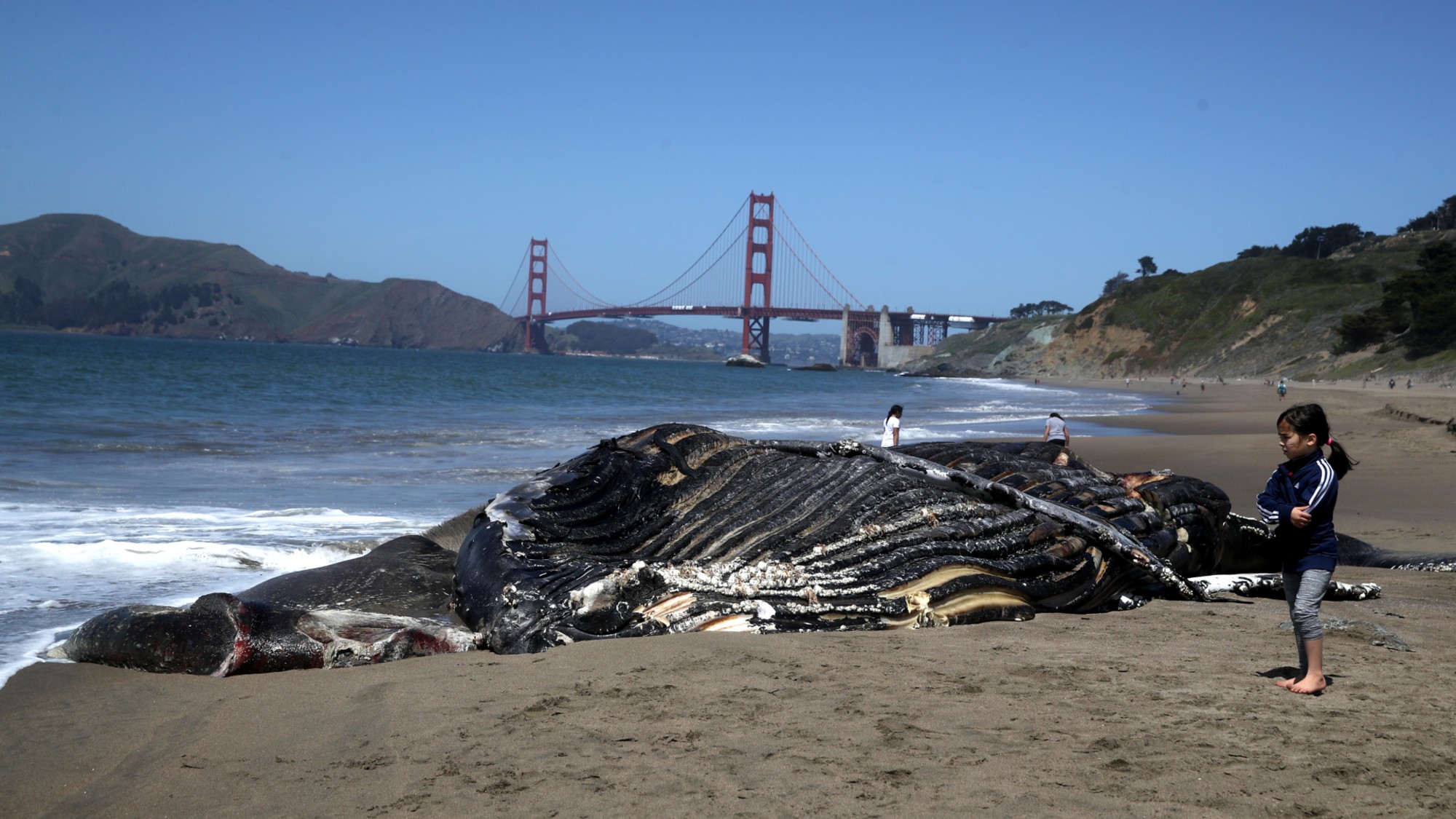 Spiking whale deaths in San Francisco have marine biologists worried
Spiking whale deaths in San Francisco have marine biologists worriedIn the Spotlight Whale deaths in the city's bay are at their highest levels in 25 years
-
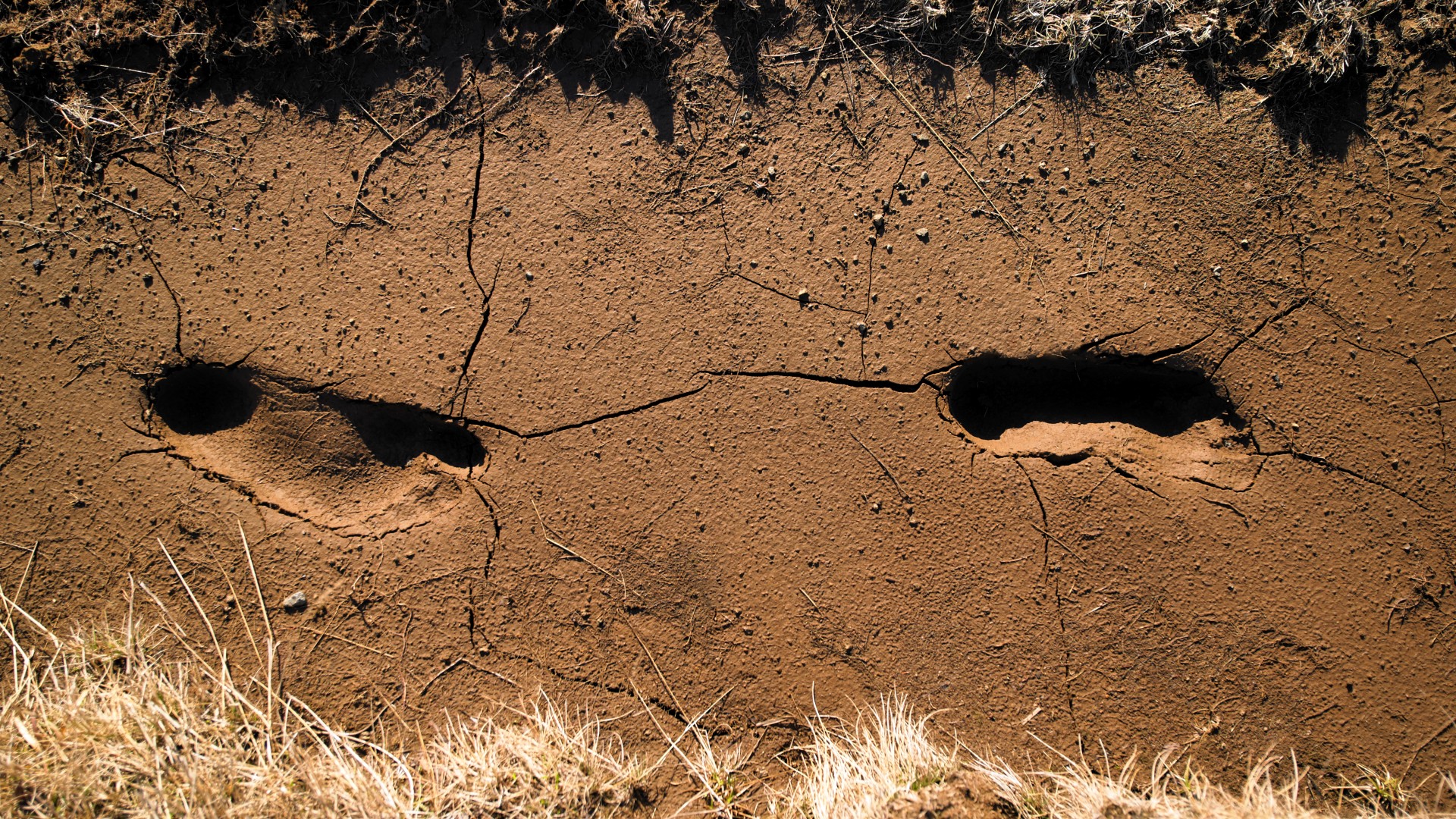 Why men have a bigger carbon footprint than women
Why men have a bigger carbon footprint than womenUnder the Radar 'Male identity' behaviours behind 'gender gap' in emissions, say scientists
-
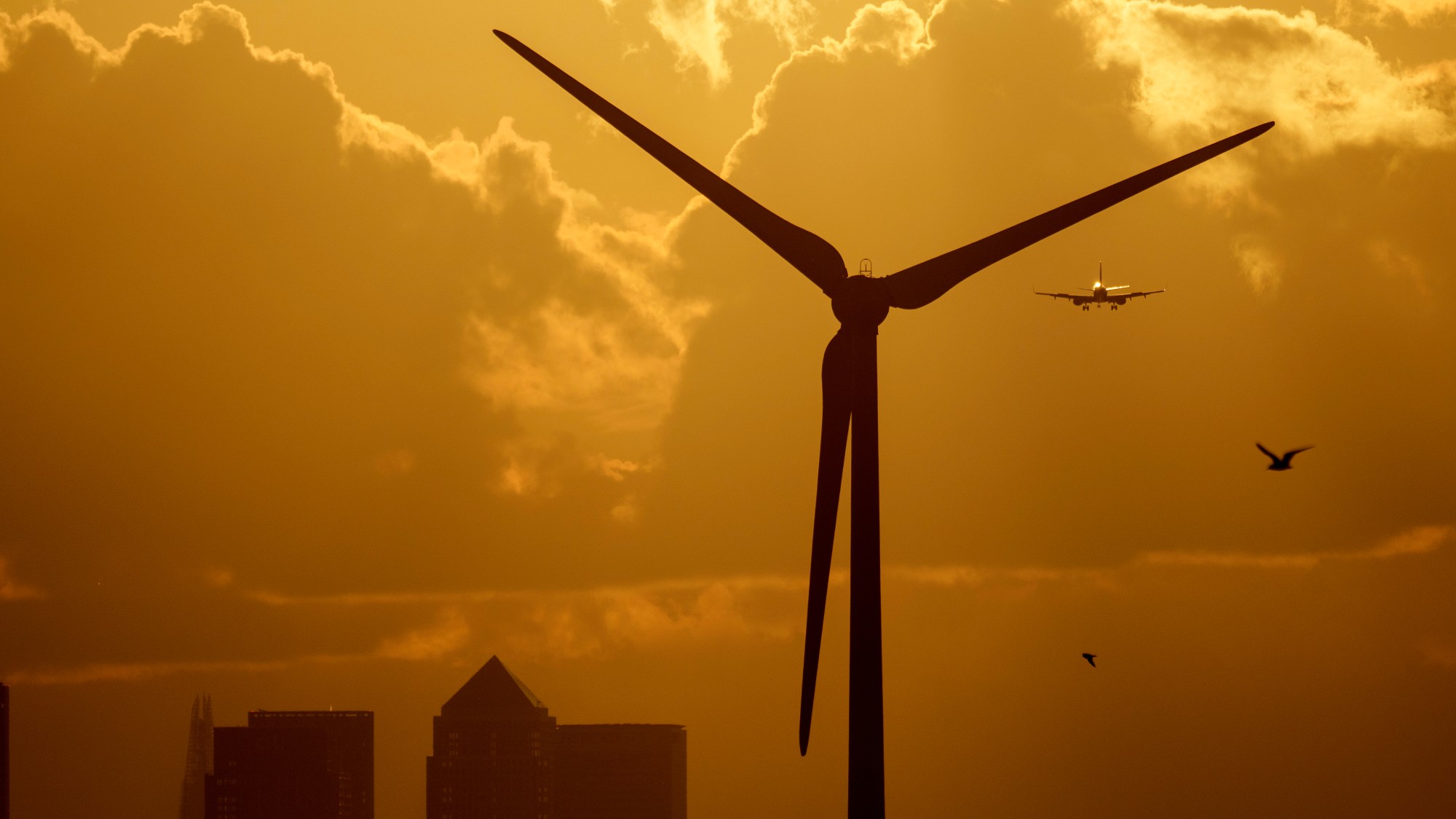 Why UK scientists are trying to dim the Sun
Why UK scientists are trying to dim the SunIn The Spotlight The UK has funded controversial geoengineering techniques that could prove helpful in slowing climate change
-
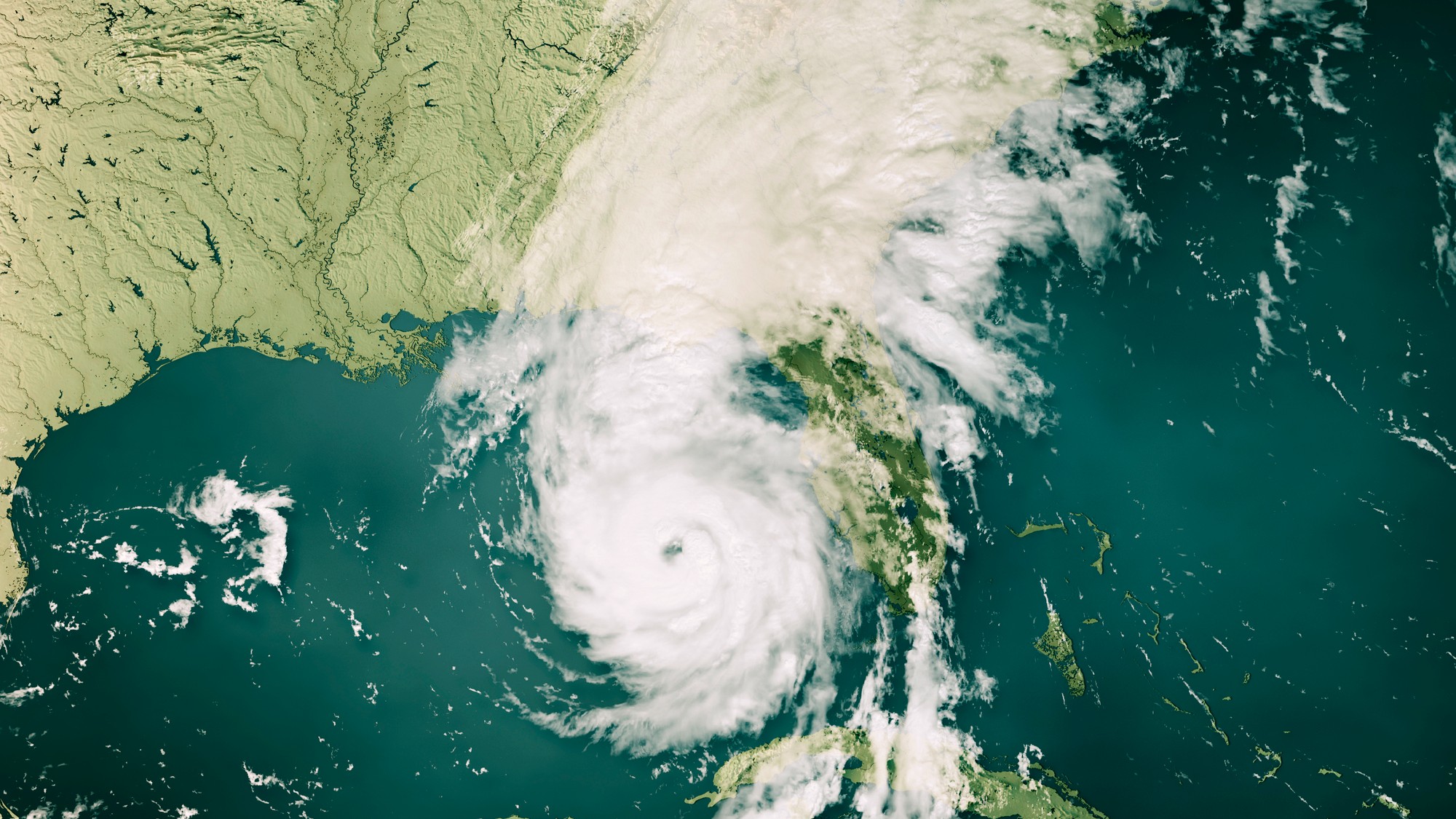 2024: the year of extreme hurricanes
2024: the year of extreme hurricanesIn the Spotlight An eagle eye at a deadly hurricane season
-
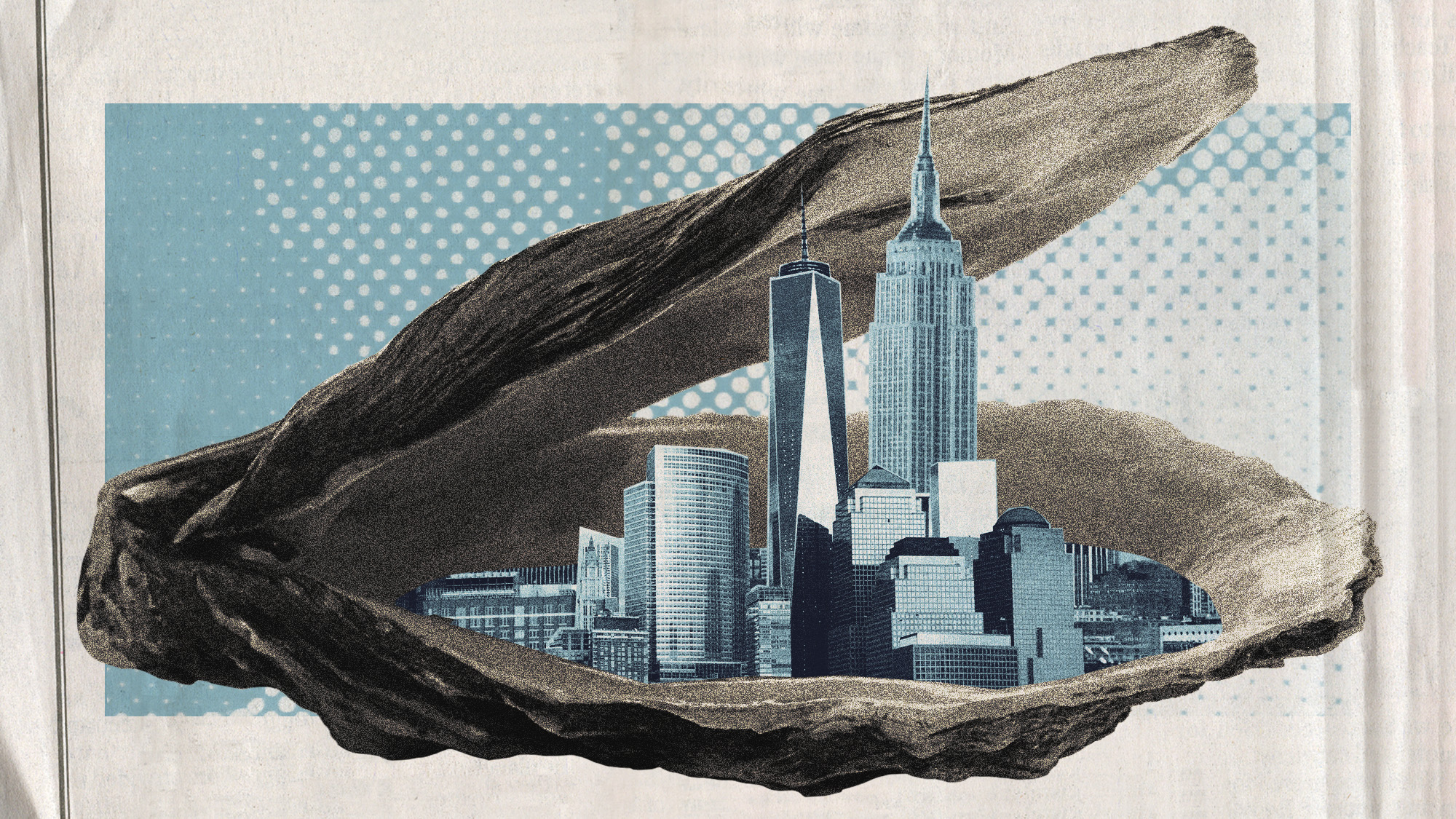 Oysters from New York's past could shore up its future
Oysters from New York's past could shore up its futureUnder the Radar Project aims to seed a billion oysters in the city's waterways to improve water quality, fight coastal erosion and protect against storm surges
-
 A new investigation has put the spotlight on roadside zoos
A new investigation has put the spotlight on roadside zoosIn the Spotlight Over 150 allegations against these zoos have been made over the past decade
-
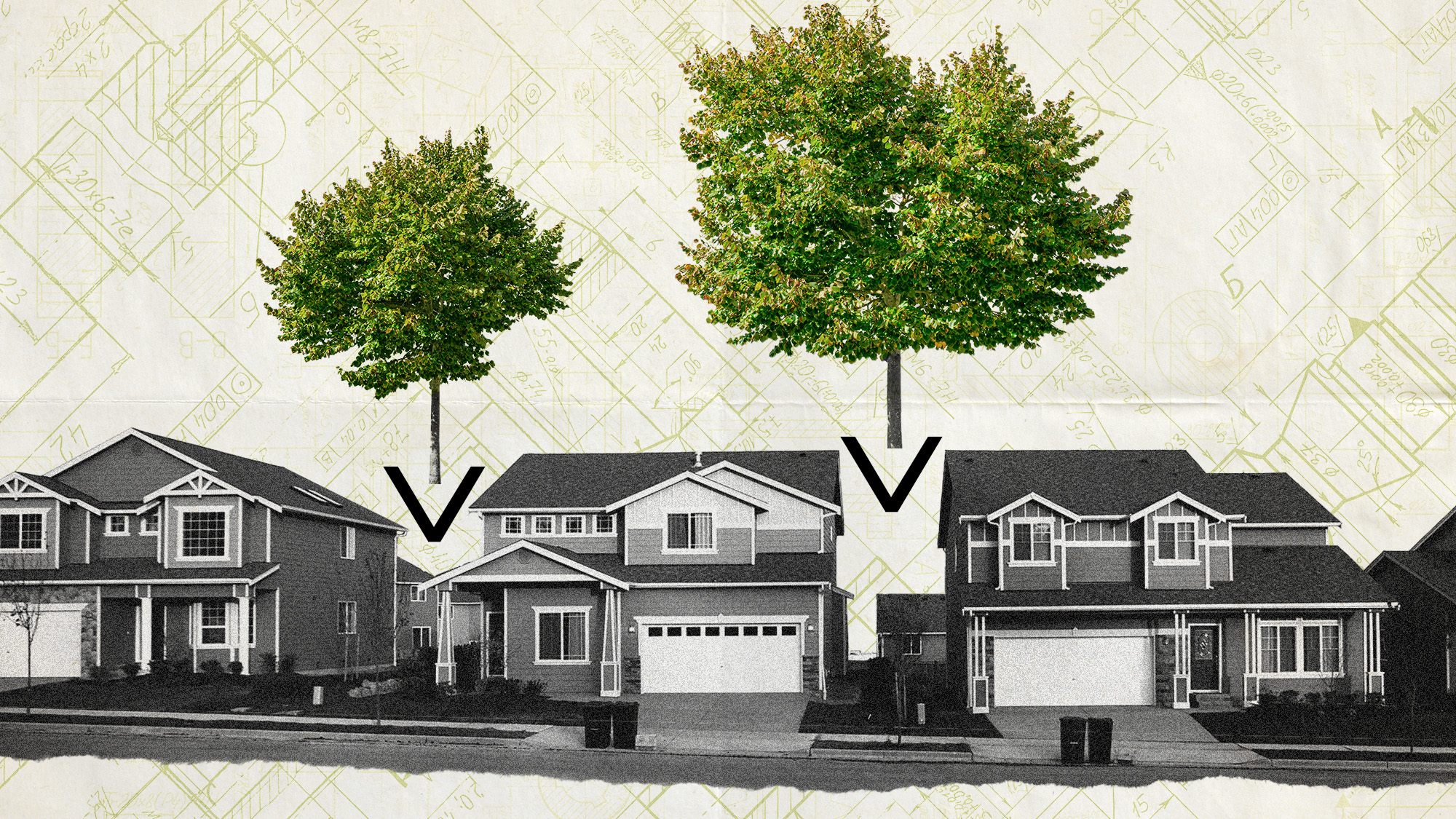 The US government wants to turn concrete jungles into real jungles
The US government wants to turn concrete jungles into real junglesUnder the radar Adding more trees to some cities is the plan